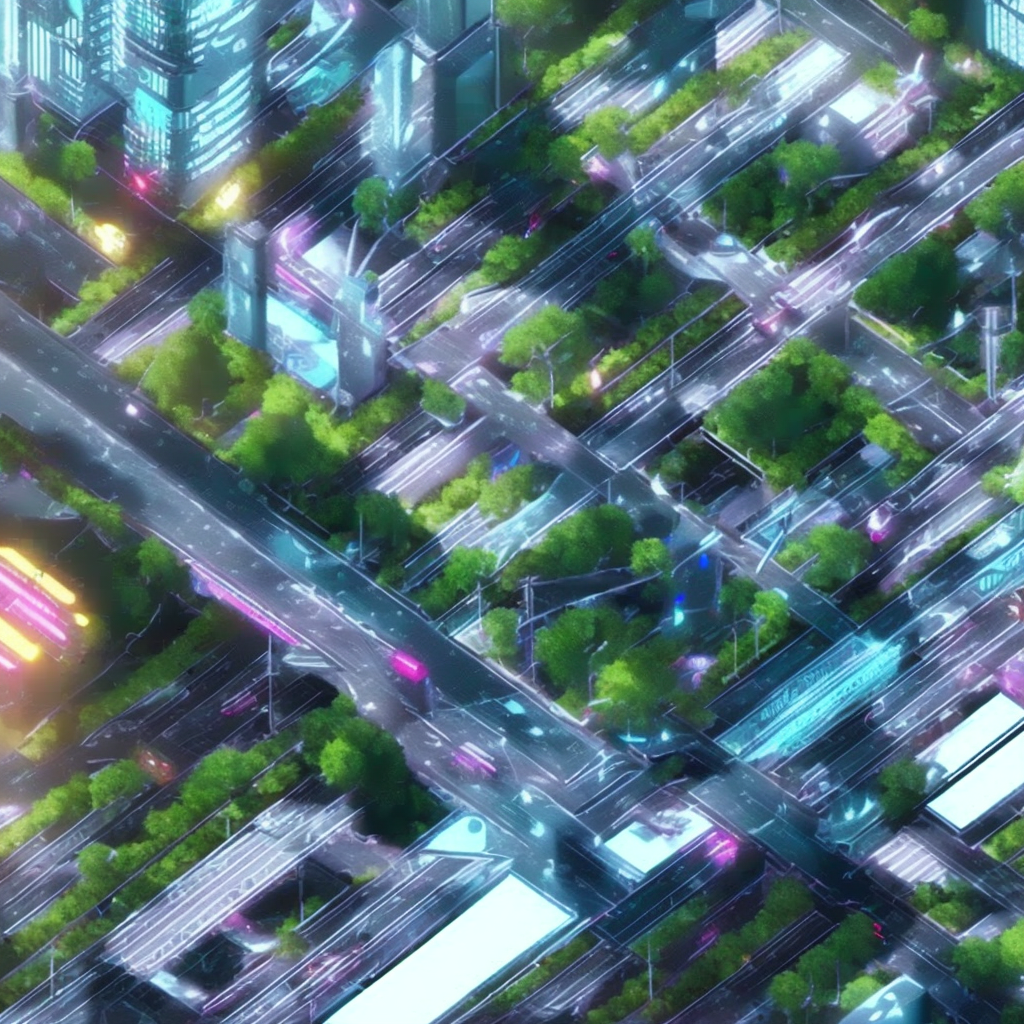Exploring Tesla's Full Self-Driving Impact on Urban Planning: Daniel Aharonoff's Insightful Perspectives

Tesla's FSD and the Future of Urban Planning: Daniel Aharonoff's Views
As a technology investor and entrepreneur, I have been closely examining the potential of emerging technologies such as blockchain and artificial intelligence. One area that has captured my attention is the impact of Tesla's Full Self-Driving (FSD) technology on urban planning and the future of our cities. In this post, I will share my thoughts on the implications of FSD on urban planning and how it can contribute to the development of smarter, more efficient cities.
The Role of FSD in Our Cities
The advent of Tesla's FSD technology has the potential to revolutionize the way we perceive and design our cities. With the ability to navigate complex urban environments without human intervention, FSD-equipped vehicles can significantly impact various aspects of urban planning, such as:
Traffic Management
- Reduced congestion: With FSD vehicles capable of communicating with one another and coordinating their movements, traffic congestion could be significantly reduced. This improved flow would lead to shorter commute times and decreased carbon emissions.
- Optimized traffic signals: By integrating FSD technology with smart traffic signals, we can optimize green light timings to improve overall traffic flow and reduce wait times at intersections.
Parking and Infrastructure
- Reduced need for parking: As FSD vehicles can drop off passengers and then park themselves in designated areas, the demand for parking spaces in urban centers could decline. This could free up valuable land for alternative uses, such as parks, housing, or commercial spaces.
- Flexible infrastructure: With FSD technology, we can reimagine our roads and infrastructure to accommodate the unique needs of autonomous vehicles. This could include dedicated lanes for FSD vehicles, centralized charging stations, and other modifications that enable seamless integration of autonomous vehicles into the urban landscape.
Public Transportation
- Enhanced public transit: With FSD technology, public transportation can become more efficient and accessible. Autonomous buses and shuttles could optimize their routes based on real-time demand, reducing wait times and improving the overall user experience.
- Ride-sharing and carpooling: FSD technology can also facilitate the growth of ride-sharing and carpooling services. By enabling users to easily share rides with others, this could further reduce the number of vehicles on the road, leading to decreased congestion and emissions.
The Challenges Ahead
While the potential benefits of FSD technology are significant, there are also numerous challenges that must be addressed before we can fully realize its potential in urban planning. These include:
- Regulatory hurdles: As FSD technology continues to advance, regulatory frameworks must evolve to accommodate these changes. This will require collaboration between governments, industry stakeholders, and the public to establish standards and regulations that ensure the safe and efficient integration of FSD vehicles into our cities.
- Data privacy and security: With FSD vehicles relying heavily on data and connectivity, ensuring the privacy and security of this information is critical. Robust cybersecurity measures must be implemented to protect against potential threats and safeguard user data.
- Public acceptance: For FSD technology to become a reality in our cities, public acceptance and trust in autonomous vehicles must be established. This will require ongoing education and transparency about the safety and benefits of FSD technology.
Final Thoughts
As Tesla's FSD technology continues to advance, its potential impact on urban planning and the future of our cities cannot be overstated. By rethinking how we design and manage our urban environments, FSD has the potential to create smarter, more efficient cities that benefit all residents.
As an investor and entrepreneur, I am excited about the opportunities that FSD technology presents, and I look forward to contributing to the development of innovative solutions that leverage this technology to address real-world problems.
Comments
Post a Comment